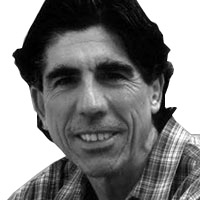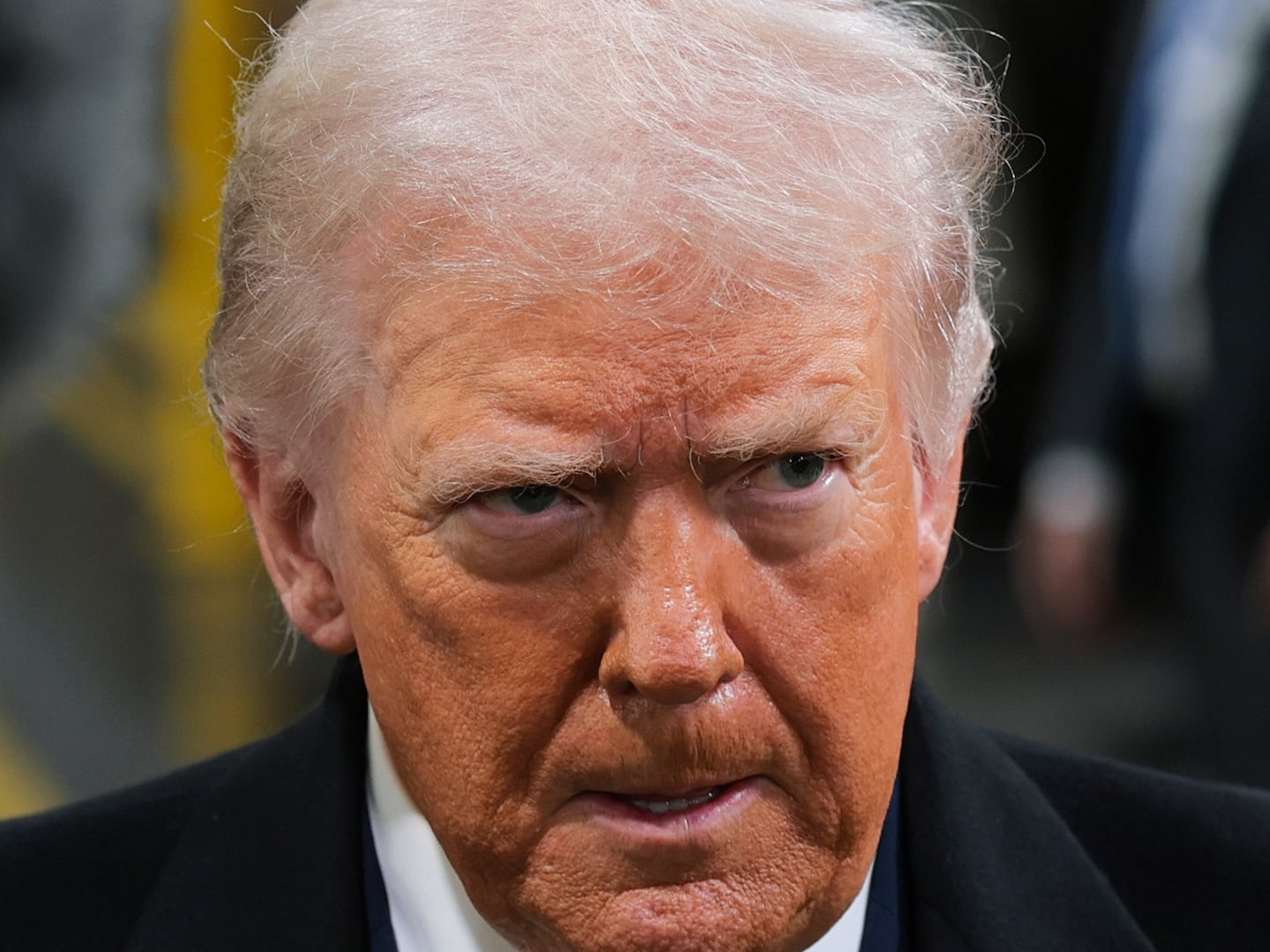F. Scott Fitzgerald, Ernest Hemingway, and Virginia Woolf are not writers who come to mind when we think of Chris Kyle’s autobiography, American Sniper, and the hit movie Clint Eastwood made from Kyle’s account of coming to terms with being a Navy SEAL in Iraq. These days book and film remain mired in the liberal-conservative debate over the Iraq War that has been going on since the George W. Bush administration.
The good news is there’s a richer historical context for looking at American Sniper. Exactly 90 years ago, in three of their best books, The Great Gatsby, In Our Time, and Mrs. Dalloway—all published within months of each other beginning in the spring of 1925—Fitzgerald, Hemingway, and Woolf took on the subject that links the home front and the battlefield in American Sniper: the lasting impact of war on those who experience it firsthand.
Nick Carraway, Fitzgerald’s narrator in The Great Gatsby, comes from a family in which the founder of his line sent a substitute to fight in the Civil War. Nick, as he tells us in the opening chapter of Gatsby, broke with that family history. He answered his country’s call when World War I arrived. The trouble is that doing his duty left him restless when he returned home from what he sardonically refers to as “that delayed Teutonic migration known as the Great War.” The comfortable Middle West Nick grew up in now feels “like the ragged edge of the universe,” and in reaction, he comes East for work in 1922.
Nick never says exactly what kind of change he expects the East to provide him, but he makes it clear that after surviving combat, he wants a more substantial life than the one he left behind. “I wanted the world to be in uniform and at a sort of moral attention forever,” he confesses in a figure of speech that suggests he yearns for peacetime to be as demanding as wartime. Nick never gets that moral equivalent, and at the end of Gatsby, he returns to the Middle West he left behind, but now with the fear that an uneventful future is his fate.
For the returning vets in the short stories of Hemingway’s In Our Time, the postwar world is much bleaker than the one Nick Carraway encounters on Long Island, the site of his rented home and Jay Gatsby’s mansion. In the darkest of Hemingway’s stories, “Big Two-Hearted River,” Nick Adams, who in the brief Chapter Six of In Our Time we have seen lying wounded and declaring his own “separate peace” to World War I, is so depressed that he finds it necessary to get away from everyone by taking a fishing trip in which cooking his food, pitching his tent, and keeping away the mosquitoes become his salvation.
Whether Nick will ever be well is an open question, but in his chosen isolation Nick is luckier than Harold Krebs, the central figure in Hemingway’s “Soldier’s Home.” Krebs enlisted in the Marines in 1917, and when he returns home in the summer of 1919, he finds that in the small Oklahoma town in which he lives, the welcome for the returning vets is over. He is too late. Krebs must make do with the reception his family offers him, and that reception is suffocating.
Krebs, we learn, fought at Belleau Wood, Soissons, and St. Mihiel, but at home he is treated like a teenager. When he can drive the family car is rationed, and his mother and father are after him to get a job. They think that his need to sit around home and think about the war is a sign that he has lost his ambition.
The turning point in the story comes when Krebs’s mother asks him if he loves her, and he replies, “I don’t love anybody.” His answer shocks his mother, and to appease her, Krebs insists he didn’t mean what he said. But the damage has been done. Krebs knows he cannot be honest about the deadness he feels inside himself, and “Soldier’s Home” ends with him making plans to go to Kansas City and get a job that will make his parents happy.
In Mrs. Dalloway Septimus Warren Smith, a World War I English vet, who in 1923 is still suffering from his memories of combat, plays second fiddle to Woolf’s title character, Clarissa Dalloway, whom we follow on a June day as she gets ready to host a London party that will include the prime minister. The social and psychological differences between Septimus and Clarissa are what give Woolf’s novel its poignancy.
Clarissa is happily living in a world in which, as she tells herself, “The War was over … thank Heaven—over.” By contrast, for Septimus, who was one of the first to volunteer, the war is not over. He constantly talks about killing himself. He cannot get over the loss of his friend Evans, who was killed shortly before the Armistice. Septimus’s wife, Rezia, a young Italian hat maker, whom he met while in the Army, does her best to distract him from his dark thoughts, but she is no help to her husband, and neither are the two doctors she takes him to see.
The doctors are part of an England in which the 1922 Report of the War Office Committee of Enquiry into “Shell-shock” described shell shock as a character struggle between “the patient’s selfish and social tendencies.” After telling Septimus there is nothing wrong with him, his doctors conclude that the only way to cure him is to hospitalize him so that he is completely isolated from his wife and home. On the day the doctors come to take him away, a terrified Septimus, afraid of the complete loss of control that awaits him, leaps out a window to his death.
For Mrs. Dalloway, who learns of Septimus’s death at her party from one of the doctors treating him, the suicide is horrifying, but not, as we might expect, because she is saddened by the death of an ex-soldier. As far as Mrs. Dalloway is concerned, the last thing the doctor should be discussing at her social gathering is suicide. Bringing it up, she angrily thinks to herself, is a breach of manners.
Today, we have medication for treating PTSD and psychologists trained in family therapy to help the wives and children of returning vets. Yet 22 veterans a day still take their own lives, according to the Department of Veterans Affairs. Whatever we are doing clearly isn’t working the way it is supposed to.
At the end of his autobiography, Chris Kyle talks about the value of bringing vets together in quiet, rural places so they can talk among themselves. It’s a strategy worth continuing. That it could not save Kyle from being killed by a Marine whom he was trying to help deal with PTSD doesn’t invalidate it, but the grim truth may be that PTSD is now baked into the long wars we ask our military to wage.
In this respect what’s so terrifyingly modern—and relevant—about Fitzgerald’s, Hemingway’s, and Woolf’s 1925 fictional accounts of the aftereffects of war is that the civilian world their vets return to, like our own, is one in which the vast majority want to go on as if the war fought in their name never happened.
Nicolaus Mills is a professor of American Studies at Sarah Lawrence College. His most recent book is Every Army Man Is with You: The Cadets Who Won the 1964 Army-Navy Game, Fought in Vietnam, and Came Home Forever Changed.





